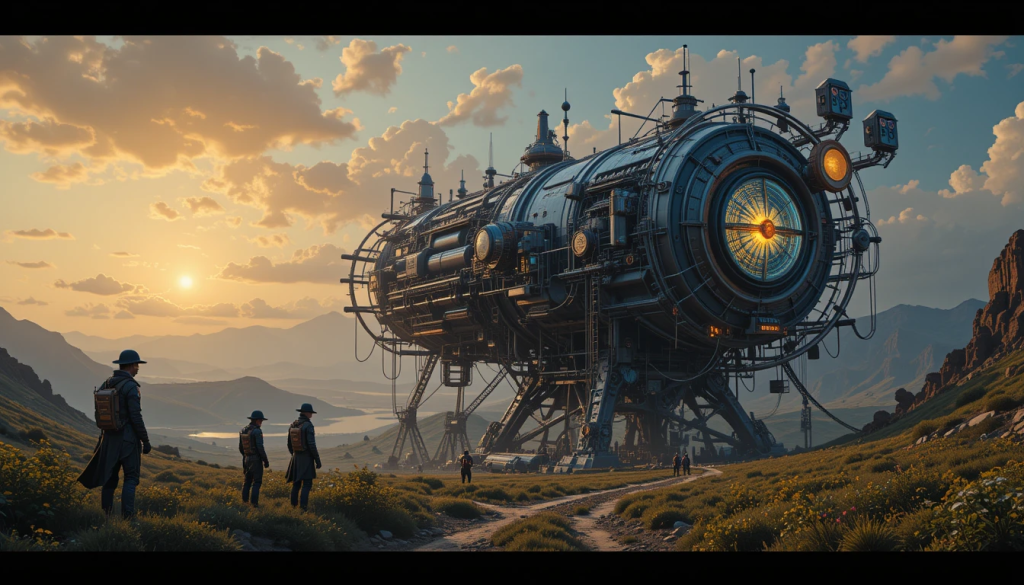A Writer’s Framework
Exploring the building blocks of speculative storytelling
Science fiction has captivated readers for generations, transporting us to distant galaxies, alternate timelines, and futures both utopian and dystopian. But what makes a story truly science fiction? Author Joey Stardust at Lurking Fear Publishing has identified five essential elements that form the foundation of compelling sci-fi narratives.
1. Speculative Technology or Science
At the heart of any science fiction story lies a “what if?” question rooted in scientific possibility. Whether it’s faster-than-light travel, artificial intelligence, or genetic engineering, sci-fi explores technologies that don’t yet exist but could theoretically emerge from our current scientific understanding. The key is plausibility within the story’s framework—even if the science is fantastical, it should follow its own internal logic.
2. World-Building
Science fiction demands immersive world-building that extends beyond mere backdrop. Every technological advancement has social, political, and cultural consequences. How has your speculative element changed society? What new institutions, conflicts, or ways of life have emerged? The best sci-fi creates worlds that feel lived-in and internally consistent.
3. Exploration of Ideas
Great science fiction uses its speculative elements to examine philosophical questions, ethical dilemmas, or social issues. It’s a genre uniquely positioned to explore humanity’s relationship with technology, the nature of consciousness, environmental challenges, or political systems through the lens of the fantastic. The technology serves the theme, not the other way around.

4. Human (or Sentient) Experience
Even in the most alien settings, compelling characters ground the story in recognizable emotions and motivations. Whether your protagonist is human, android, or alien, readers need someone to connect with emotionally. Science fiction at its best uses extraordinary circumstances to reveal universal truths about the human condition.
5. A Sense of Wonder
Perhaps the most intangible yet vital element—science fiction should inspire awe, curiosity, and imagination. This “sense of wonder” is what makes readers look up at the stars differently or question the nature of reality itself. It’s the feeling that the universe is vast, strange, and full of possibilities.
These five elements work together to create stories that entertain while challenging our assumptions about technology, society, and ourselves. Whether you’re writing hard sci-fi grounded in rigorous science or space opera filled with adventure, keeping these fundamentals in mind can help craft narratives that resonate with readers.
For more insights on science fiction, horror, and gaming, visit Lurking Fear Publishing at www.lurkingfear.com

